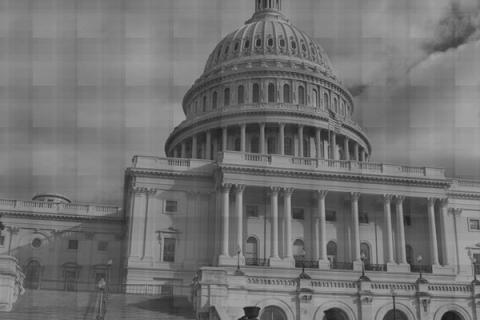When economies sour and budgets fail, people look for answers. And as California's financial misery continues, some are looking to identify the guilty party, but perhaps the system itself is the real culprit.
Gov. Schwarzenegger increased spending a whopping 15% in fiscal year 2006, 10% in 2007, and then raised taxes in 2009 to make up for the shortfall caused by overspending and the collapse of the real estate bubble. He promised to be the gatekeeper "who prevented the spendthrift Democratic Legislature from raiding the treasury. Instead, he opened the gates and joined in the looting," commented Cal Watchdog. They opine that maybe his lack of force in getting the legislature to act was at least partly due to his dalliances being a mostly open secret. Mostly though, Cal Watchdog says Schwarzenegger had ample opportunity to reform California's broken budget and missed all of them, something which caused massive pain for the state.
Forget Schwarzenegger's personal failings says Dan Walters. He had some successes as governor, like tackling the state's crumbling infrastructure and changing the "truly scandalous" way that legislative districts were re-drawn every ten years. Many of his mistakes were due to inexperience and perhaps not fully comprehending what a snake pit Sacramento politics are. He did indeed leave a huge deficit for Gov. Brown, who despite his years of experience, is faring no better than newbie Schwarzenegger did. Walters says the problems are systemic and "California's political structure generates failure regardless of who occupies the office." Ouch.
The recent Supreme Court decision on California prisons is an instructive example of this systemic paralysis. A court decision in 1996 made it abundantly clear that if California didn't reduce overcrowding in its prisons, then courts would intervene and force it to do so. California had fifteen years to work on reducing prison overpopulation and squandered that time, doing precious little to fix the problem. Now the courts have indeed intervened and California must act, whether it wants to or not. This dismal state of affairs is too often the standard operating procedure for California, ignoring problems for as long as possible in hopes someone else will have to fix them. Walters says this dysfunctional political culture is the biggest problem and Schwarzenegger is not responsible for it, as it predated his governorship and continues today.
Maybe it doesn't matter whether Walters or Cal Watchdog is correct. They are both saying much the same thing. California is broken and incapable of governing itself. Yes, Schwarzenegger charged into office promising big change. Maybe he thought he could do it all on force of will or that politicians would be as obsequious as Hollywood is to its major luminaries. He broke promises galore, but was hardly the first newly elected politician to do that. Jerry Brown charged into office too, with big plans for bold reform. His plans are in disarray now, scuttled by various squabbling forces and special interest groups.
And the ever-growing budget problems remain unsolved and mostly untouched. It may be that outside events are finally what forces California to take action.

